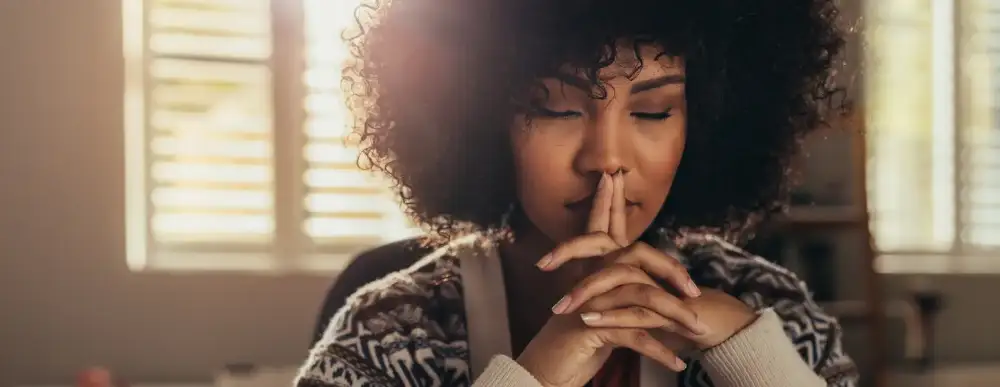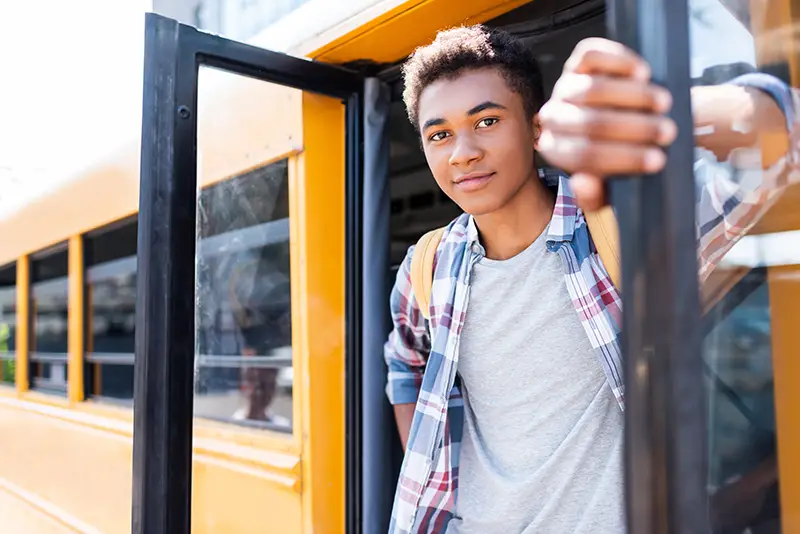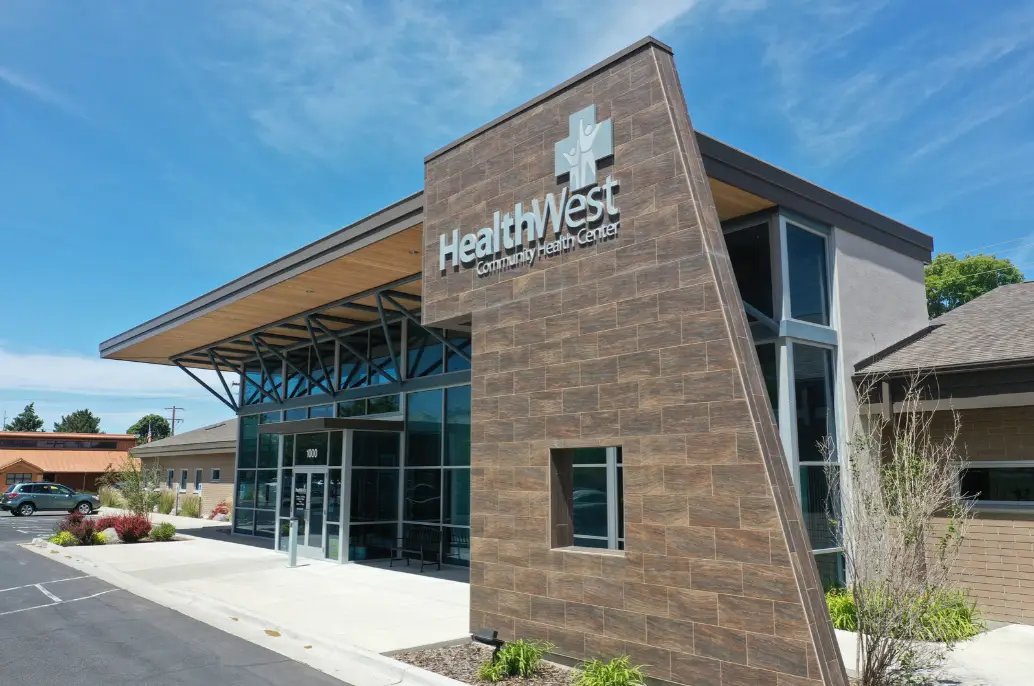In the last little while, I am sure we all have been feeling a lot of different emotions. I know I have and have been working on effectively expressing them and validating them; at times, it has been a struggle. I have been feeling worried, worried about my wife, my children, my elderly parents, my brothers and sisters and their families. I’ve worried about what I need to be doing or can do. It has felt overwhelming, and that makes sense.
With all that has been happening, I have been thinking a lot about a zombie apocalypse movie I saw several years ago. It starts out with the main character waking up in the hospital several days after a virus has spread across the world and has turned most of the people into zombies. We don’t see the story of how people were reacting to the possibility of being turned into zombies, but I do wonder if the story had started earlier, would we see the same panic we are seeing today? Why do I share this with you? No, I don’t think COVID-19 is a zombie virus. Right now, I feel like we are in our own story prior to the main character waking up in the hospital. This may not seem comforting, but we are all responding by attempting to prepare, and we are emotionally impacted in one way or another. Some of us have been or are becoming emotionally dysregulated, which in turn leads us to begin to make dysfunctional decisions like going to extremes; really how much toilet paper do you need? We begin going to extremes with the amount of food and home supplies we purchase, including guns and ammo. Another emotion that is impacting many individuals is fear. When fear becomes dysregulated, we begin being afraid of not only a virus but also of other people.
When we become emotionally dysregulated, we are often focused on what we should have done or shouldn’t have done. We may be struggling with feeling emotionally overwhelmed and attempting to find solutions in a jumble of should haves or shouldn’t haves. It makes sense to be feeling so many emotions and not be in the present moment. How do we allow ourselves to be present with them: mindfulness.
Buddhist Monk and Zen Master Thich Nhat Hanh defines mindfulness as “the practice of being fully present…”, meaning mindfulness is a practice, not a mastery. I love his definition. Mindfulness is awareness of the immediate without judgment. So how is that helpful in our immediate situation? Often when we are not aware of our emotions or we dismiss our emotions, we in turn intensify our emotions and fear grows into anger or anxiety. Our ability to problem solve and plan ahead effectively is stunted. When we are mindful, present, and aware, this allows ourselves to feel what we are feeling, and to cope effectively or to do what works, without judgment. Mindfulness is not a dismissal of our emotions; it is a validation of our emotions. Through the practice of mindfulness, it allows you to be able to step back and effectively take in the moment and to identify possible effective solutions.
There are several mindful practices that you can do daily. A common mindful practice is mindful breathing and can be as simple as taking three to ten deep breaths while focusing on your inhale and exhale. Yoga is another form of mindfulness, as well as meditation prayers. Not only can this be practiced in times of chaos, but in times of calm. This can prepare us so that when chaotic times come along, we can continue to be mindful, which will help us from becoming emotionally dysregulated. You can find several more mindful practices online to assist day to day in staying emotionally present.
Mindfulness is a practice that I have found beneficial for the past 10 years or so. When I practice mindfulness, it allows me to be present throughout my day. It provides me with awareness of emotions, the ability to regulate emotions, and to be present in the here and now. Even in fearful moments, it has allowed me to cope effectively.
Jacob L Comstock is an LCSW, living in Idaho a majority of his and has worked in mental health for over 10 years. He got his bachelor’s from Idaho State and master’s degree Walla Walla University in Social Work.








